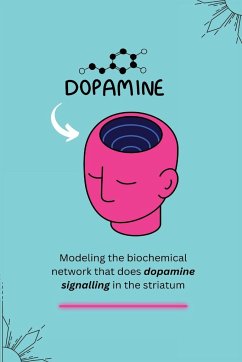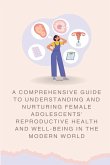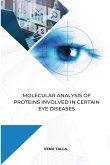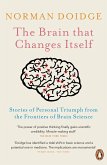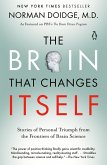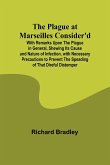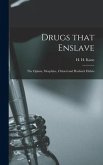The ability to sense and react-to external environment is a crucial element of life. Transformation of environmental stimuli to organismal response involves complex computations which become increasingly sophisticated as an organism is higher up the tree of life. In the animal kingdom, starting from lower level phyla except for Porifera, the elements involved in these computations show a functional organization to form the nervous system with varying degree of complexity, possibly, to increase the repertoire and efficiency of the stimulus-response transformation. Given the dynamic nature of the external environment, it is crucial that animals should be able to associate novel environmental stimuli to appropriate responses, and also reconfigure the existing stimuli-response transformations in the light of newer environmental realities. "Learning" encapsulates these abilities of an organism to create novel association or update existing associations. One of the various forms of learning is reward learning and it is fundamental to several animal behaviors. In reward learning, if a stimulus or a stimulus-response pair is followed by a rewarding experience then its perceived salience increases and this results in an association between the stimulus, response and the reward. Using such associations built upon past experiences, an organism could predict a possible reward if a specific stimulus is present in a given environmental context and how it should respond to achieve this reward. In other words, reward learning is a process of creating or updating stimuli-response transformations that is guided by reward as a teaching signal.
Hinweis: Dieser Artikel kann nur an eine deutsche Lieferadresse ausgeliefert werden.
Hinweis: Dieser Artikel kann nur an eine deutsche Lieferadresse ausgeliefert werden.

